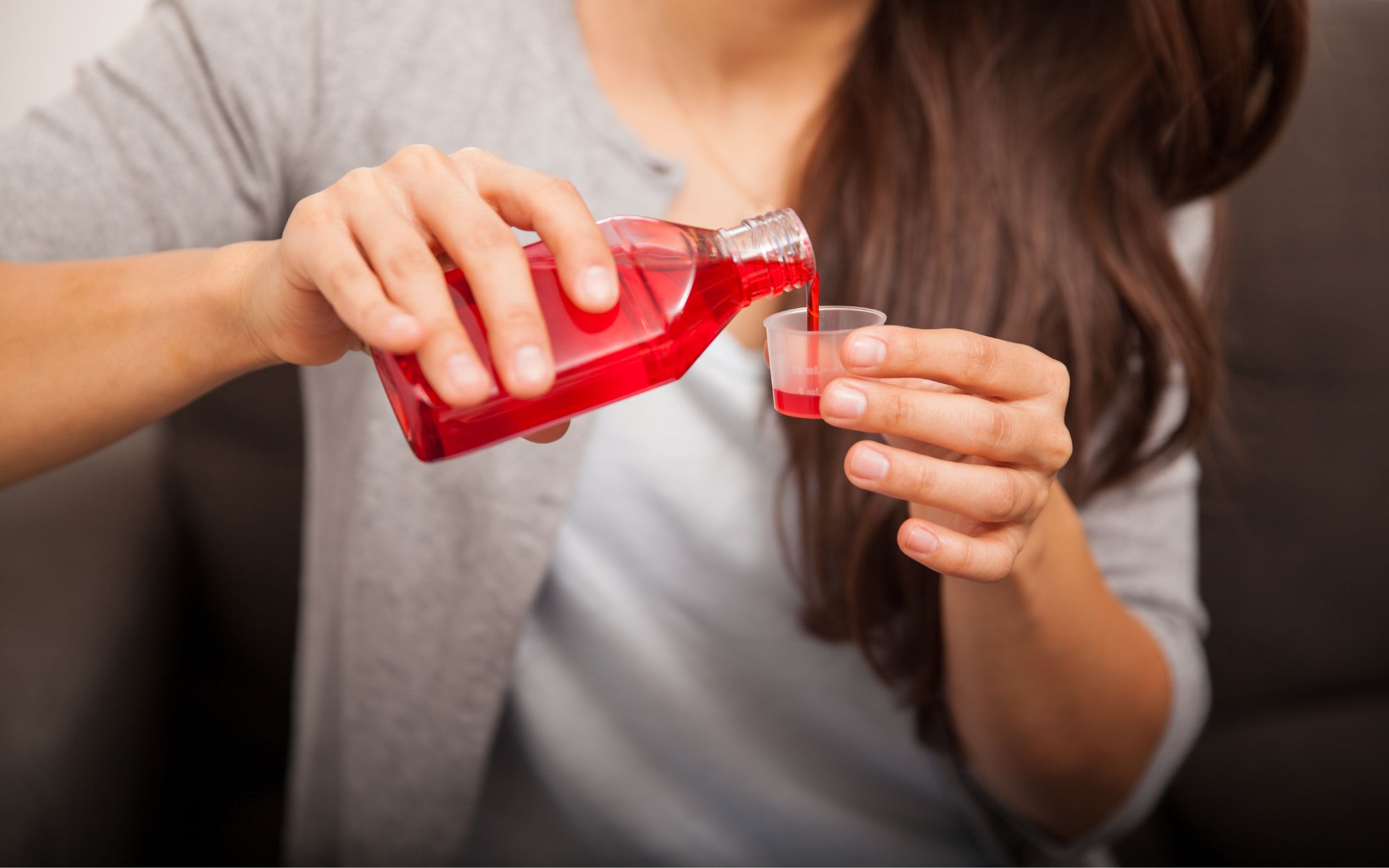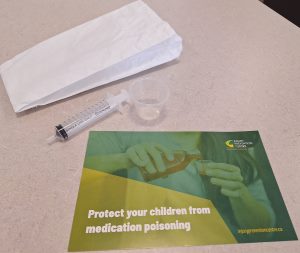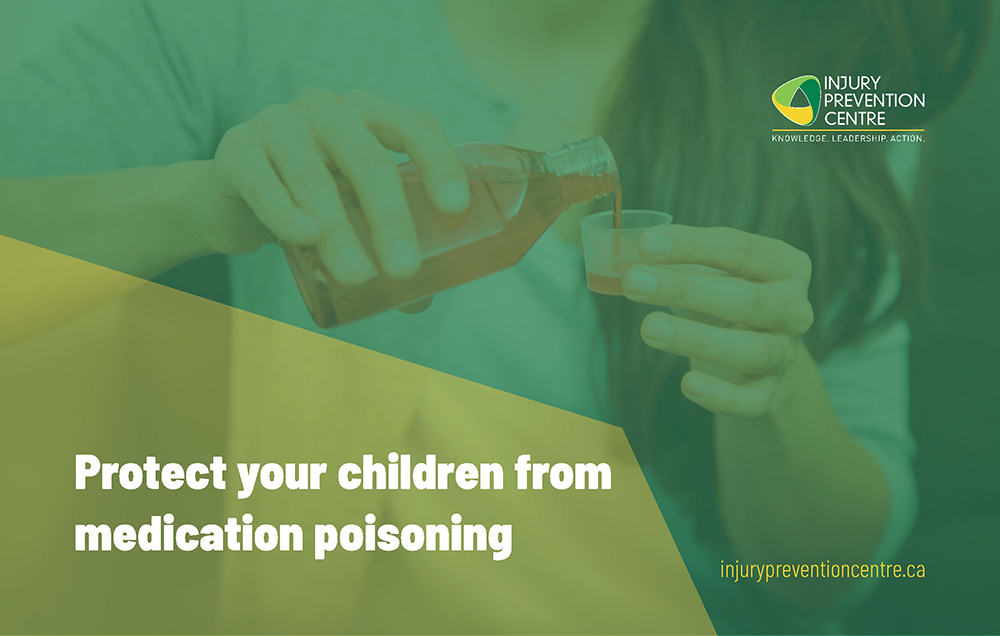Children and medication poisoning
Not all poisons are marked with skulls and crossbones. In fact, a leading cause of childhood poisoning in Alberta is not pesticides or poisonous plants, but improperly stored medications.
- 5 in 10 poisonings to kids 0 to 5 years of age requiring treatment at a children's hospital involved medications1
- 1 in 3 of these children's medication poisonings involved acetaminophen or ibuprofen1
How can you protect children from medication poisoning?
- Parents and caregivers: Learn more about how to prevent medication poisoning
- Community Partners: Share valuable information on the safe storage and handling of medications with your community. Access campaign materials to download and / or share.


